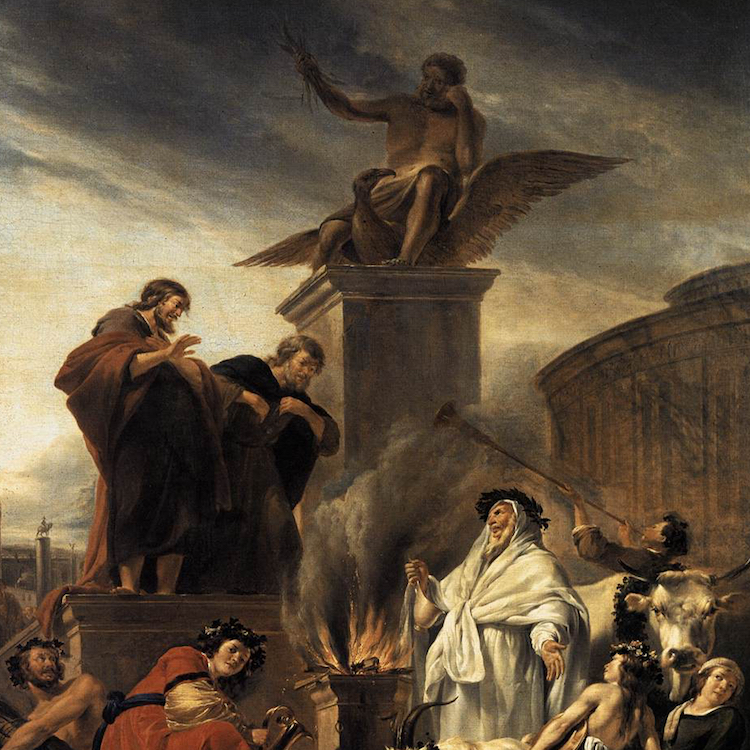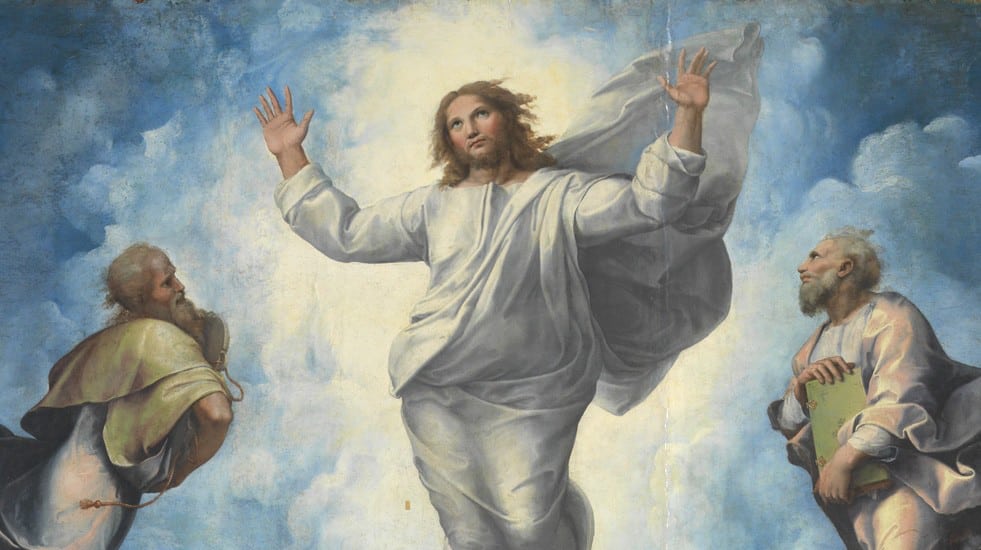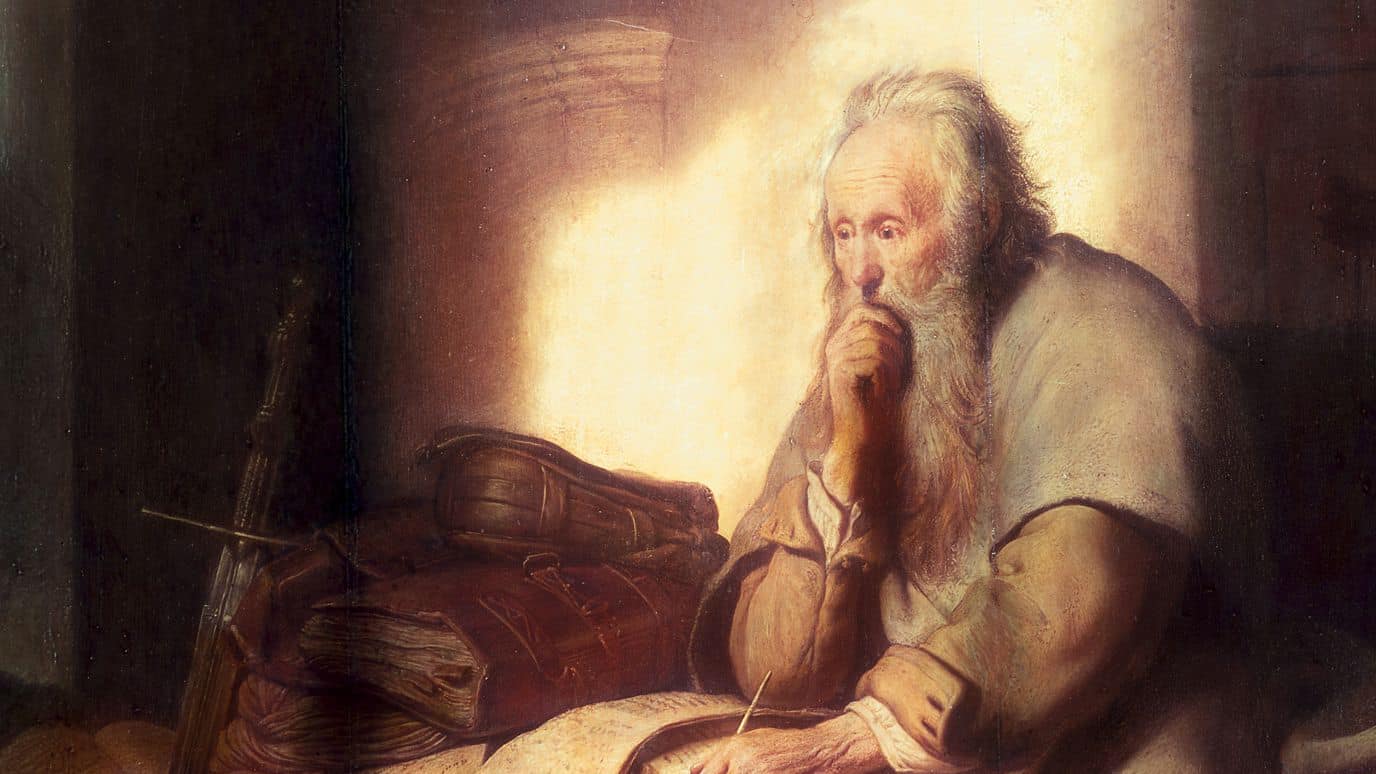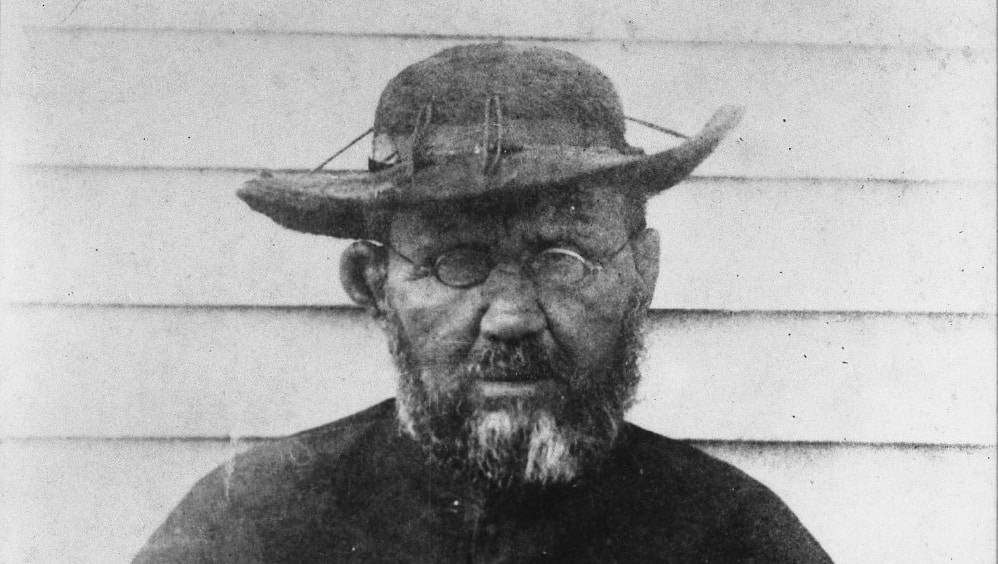Did any of you register that Paul and Barnabas (Acts 14: 22) said something quite objectionable, questionable, and controversial? They told us that it is necessary for us to undergo many hardships to enter the Kingdom of God!
We are living in the age of exasperated individualism and mindless relativism. Even law-abiding citizens, without a rebellious bone in their bodies, might resent that other things besides taxes and death might be declared “necessary.”
It is necessary for us to undergo many hardships to enter the Kingdom of God.
But we cannot forget that this statement is revealed by God through the mouth of two of his first missionaries. It states that to undergo many hardships is necessary in order to enter the Kingdom of God.
It is not optional.
Now, we might know of some people who do not mind suffering; (at least this is what they tell us). We might even have come across some masochists. But it is revealed to us that the undergoing of many hardships is necessary to make it to heaven.
Yet we wonder: is it “necessary” because we might be worshiping a sadistic god? Or is it “necessary” because we believe in a God who is not powerful enough to prevent the suffering of the innocent?
Let us tackle first the possibility that our God is a god who enjoys watching people suffer.
By and large, Greek and Roman gods and goddesses came down to earth to use and abuse targeted mortals to satisfy their passions and lust. However, our God took on human flesh and endured all that we can possibly endure in the span of our life in order to make us sharers in his very divine nature.
John 3:16 For God so loved the world that he gave his only Son, so that everyone who believes in him might not perish but might have eternal life.
John 16:24 Until now you have not asked anything in my name; ask and you will receive, so that your joy may be complete.
John 10:10 A thief comes only to steal and slaughter and destroy; I came so that they might have life and have it more abundantly.
Next we should consider the prospect of our God to be insufficiently powerful to prevent the suffering of the innocent.
God’s unquestionable omnipotence is most visible at Easter. Easter marks the most earthshaking event in the history of humankind: in his humanity, the Lord Jesus conquers death by dying on the cross and by rising immortal less than three days later.
He shares his victory with all those who believe in him. From the inspired lives and bloody deaths of his first disciples and direct witnesses of his victory all the way down to the last martyr, the risen Lord shows how powerful the Resurrection truly is.
The suffering of the innocent is not due to a weakness in our God but on his decision to create us free to love him back or to reject him. The suffering of the innocent is the worst of all the blind, irrational consequences of sin; it is human freedom misused.
It is necessary for us to undergo many hardships to enter the Kingdom of God.
From the original fall of Adam and Eve, down to the last sin that will ever be committed, the inevitability of suffering for every single human being is evidenced. The young and the old suffer; so do tender babies as well as seasoned grownups; the poor and the rich; those in want and those who cannot keep track of all their possessions; the weak and the strong; simpletons and geniuses; conservatives and liberals, believers and agnostics, every single human being, sooner or later, for a while or for a lifetime, must deal with pain and suffering. However, for believers, inevitability ought to become accepted necessity.
That statement dictated to Paul and Barnabas by God himself: it is necessary for us to undergo many hardships to enter the Kingdom of God, must begin to make sense. It has to be embraced with courage as one of the necessary, crucial, required steps of every earthly life destined for immortality and for the unfading inheritance of the Kingdom of God.
Jesus, the only begotten Son of God, could endure the horrific torments of the crucifixion and the moments of total darkness by means of the certainty of the resurrection. Jesus embraced the necessity of the cross as the only way through which the Father would have glorified him.
The power of this statement as well as the necessity of enduring much suffering is evidenced in the gospel passage of John 13: 31-35. All those who reject the necessity of enduring sufferings in order to reach life immortal, will never understand what Jesus says in that passage.
Keep in mind the setting in which Jesus says: “Now is the Son of Man glorified.”
Jesus considers himself glorified precisely as the events of his passion and death are set in irreversible motion by the exit of Judas from the upper room. Where is the glory? Judas’ betrayal sends Jesus to unspeakable torture, to an excruciating passion, to a shameful death on the cross.
Whenever we feel the weight of our cross crushing us, in imitation of Jesus, we have to remember that the glory of the resurrection will, for certain, be the very next step. What can be considered cruel destiny triggered by the irrationality of sin makes avoidance of suffering a very fleeting experience for a scant few.
The lesson we should learn is that any cruel destiny of pain and suffering doesn’t have to lead us to despair or to rebellious bitterness but rather to endurance sustained by the three theological virtues of faith, hope and love.
Paul and Barnabas urge us to persevere in the faith.
This faith is certainty that God will always be with us as our God; and that he will wipe every tear from our eyes and death will be vanquished forever and ever (see Revelation 21: 1-5). Suffering is endured much more effectively also whenever it is sustained by hope. Our hope flows from the realization that we are God’s own family.
Notice how in the same gospel passage Jesus addresses us as “my children.” Before, during and after we are in the grips of pain, we should remind ourselves and encourage others who are suffering with us that, soon, we will be welcomed home by our Father.
And, finally, and most effectively, we ought to be sustained by the type of mutual love that comes as close as possible to the love of Jesus on the cross:
John 13:34-35 I give you a new commandment: love one another. As I have loved you, so you also should love one another. This is how all will know that you are my disciples, if you have love for one another.”
Yes, at long last we understand that it is necessary for us to undergo many hardships to enter the Kingdom of God and, now, we know the secret to make it safely there.








